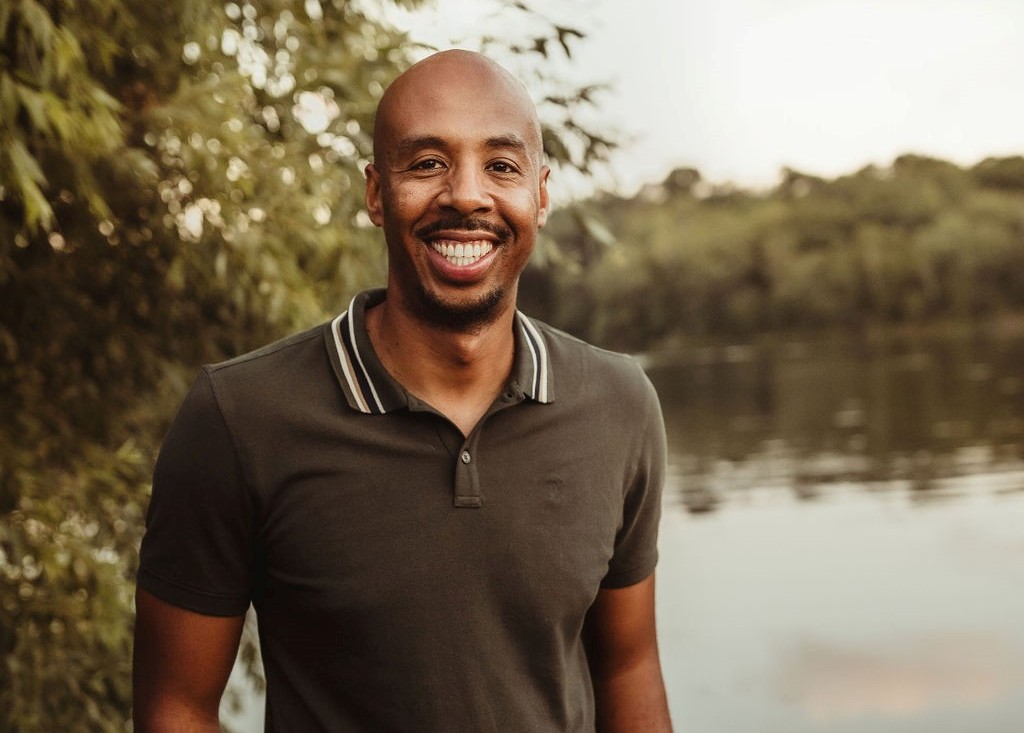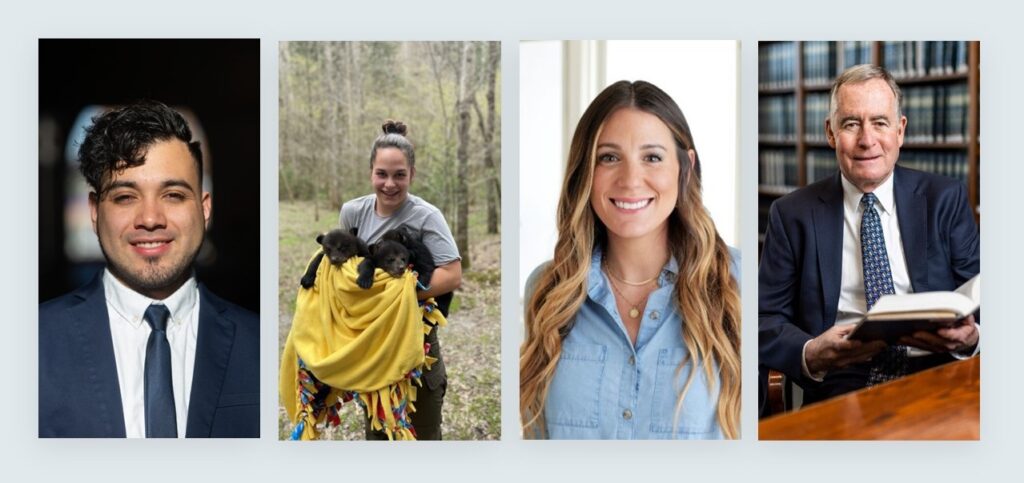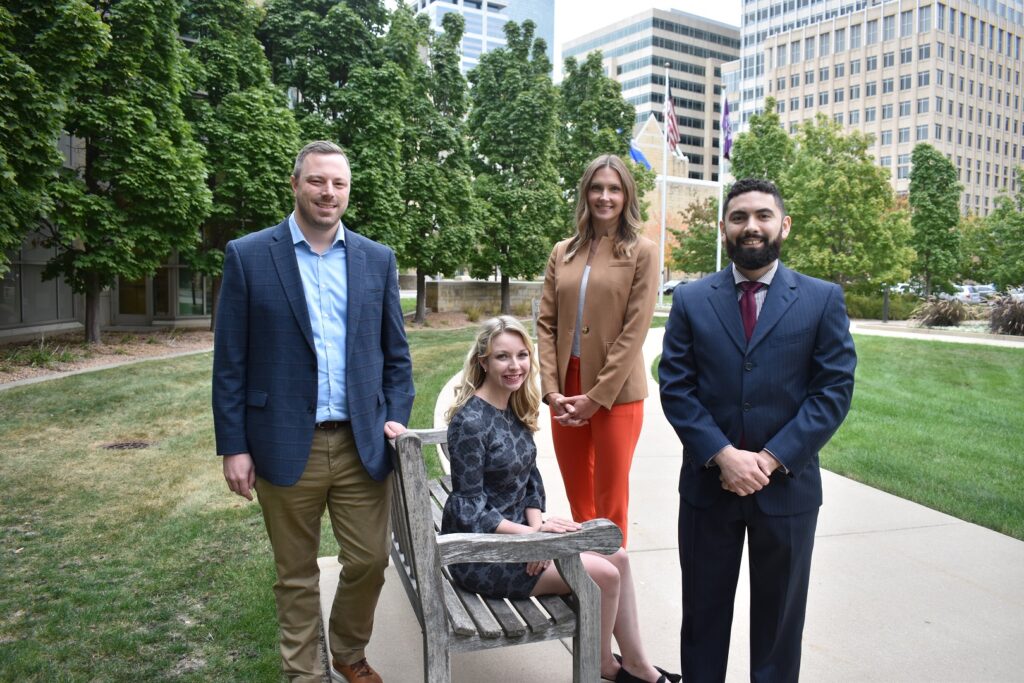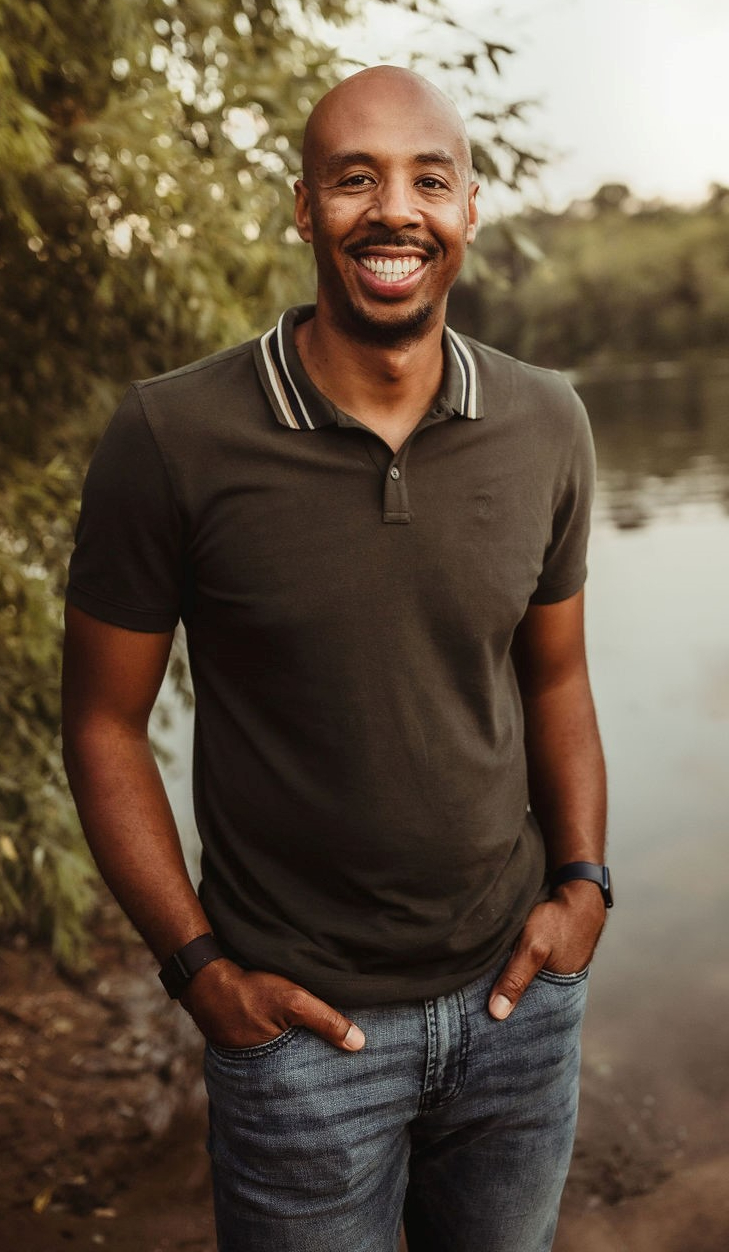
In his condo, Pleasant Radford Jr. ’14 MBA is surrounded by a grid of streets making Minneapolis full of possibilities and opportunity, but also remnants of trauma. After the murder of George Floyd, Radford will never forget the moment those same streets became the symbol of residing injustice.
An optimist, Radford hoped the trauma could birth a movement – cause the change and progress needed to uphold the equitable values envisioned at Minnesota’s foundation.
“On a personal level, I was trying to find ways to channel my anger into something that was productive for me and by extension the community,” he said.
That something was the “Heart of Equity” podcast. Radford launched the podcast in 2022 for The National Association of Health Services Executives with help of Kadesha Smith, CEO of a content and digital marketing agency in Chicago. Focusing on Black health care professionals who are advancing health equity in the Black community, primarily in the Upper Midwest region, the “Heart of Equity” podcast aims to uplift leaders doing amazing work to reduce disparities present in the region.
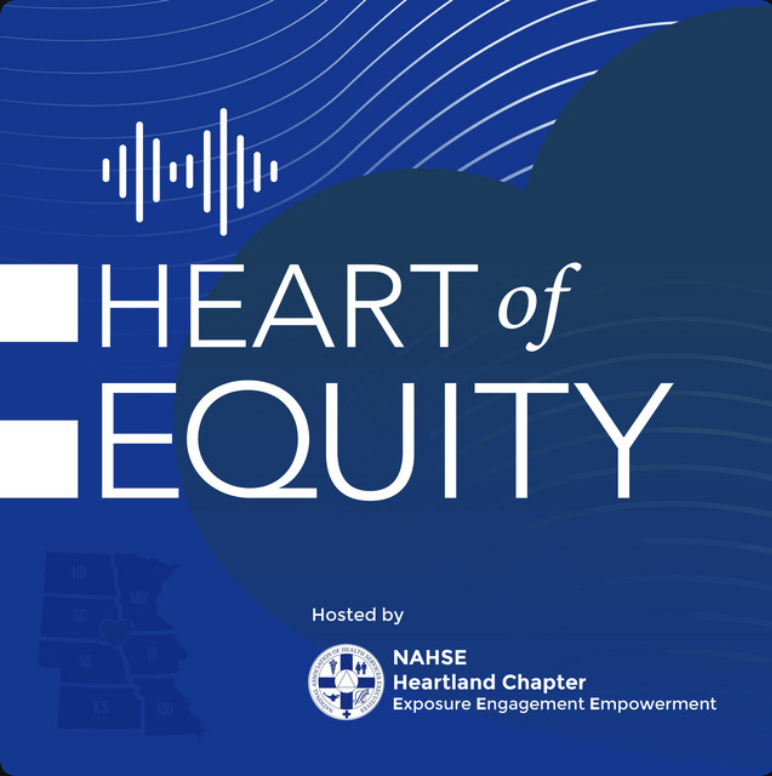
“It’s a space where we invite transparency and honesty and vulnerability,” he said, adding that the podcast seeks to highlight how guests are able to create change in their communities. “How are you moving forward and beyond challenges to sustain your work?”
Radford, who is also a health equity officer at UCare, has hosted several community leaders on the podcast. Minnesota State Rep. Cedrick Frazier talked about his role as a legislator and the path to restoring felon voting rights. Olivia Jefferson, vice president of social responsibility and head of UnitedHealthcare Children’s Foundation, discussed aligning corporate and social interests. Chanda Smith Baker, co-founder of the Black Collective Foundation, gave insight on challenges and opportunities in philanthropy. All with a common goal: creating more equitable health care for Americans.
St. Paul Mayor Melvin Carter, who spoke with Radford Jr. on the realities for Black health care professionals in St. Paul, had high praise for the St. Thomas alumnus and the podcast.
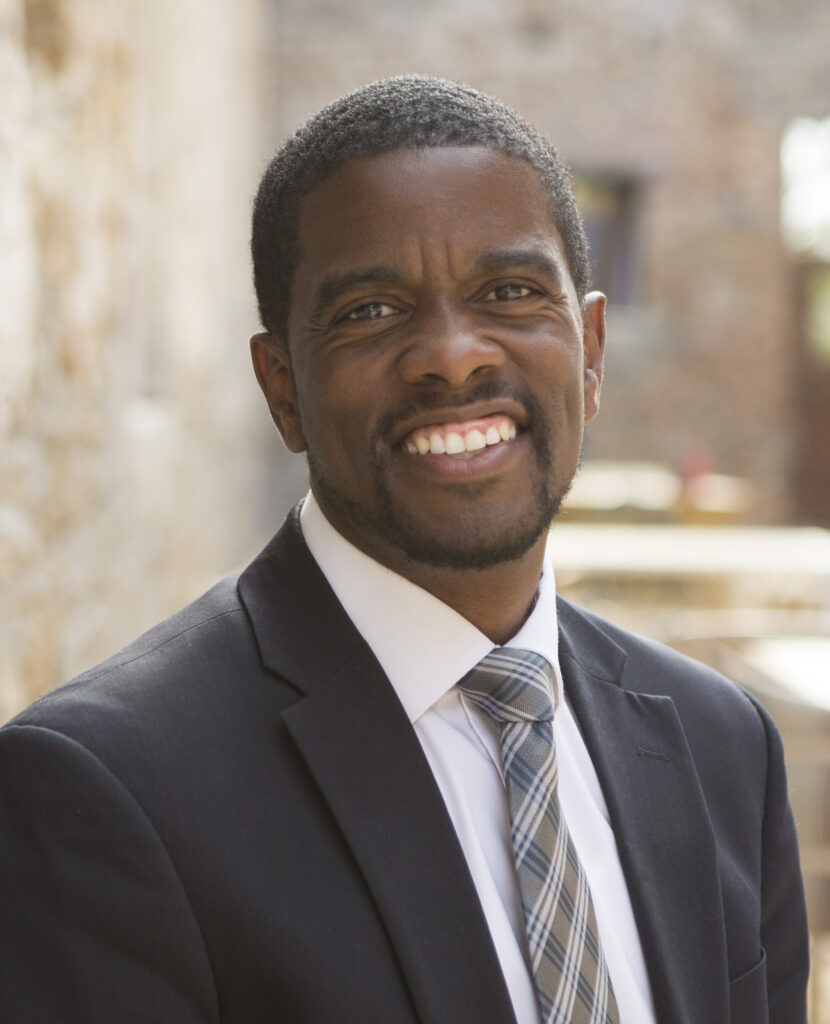
“The ‘Heart of Equity’ podcast confronts long-standing health care disparities through important and sometimes difficult conversations,” Carter said. “By spotlighting and discussing these issues with experts, Pleasant engages guests and listeners in the process of dismantling damaging narratives, working toward a more equitable health care system where every individual receives the care they deserve.”
In addition, “Heart of Equity” features a Black vendor spotlight as a way to promote local business, foster further prosperity and embed the mission of equity with the community.
Radford knew the inequities facing people of color needing health care when he moved from Chicago to Minneapolis in 2012 to pursue his MBA at the University of St. Thomas Opus College of Business, a choice made easy by the university’s strong connection to the health care community.
Radford highlighted how the Opus College of Business connects students with the Mayo Clinic as impactful. “I got a chance to work with other students on a business idea through the innovation arm of the clinic. It was a great opportunity,” he said.
Exploring ways he could create change, Radford encountered many lessons. Gov. Tim Walz honored him with a place on the State Community Council on Inclusion and Equity, where he served from 2021-23. On the council, he worked with an array of organizations contributing in different ways, widening his perspective on how to refine and prioritize the work to be done.
“You can’t do everything. How does one create as much impact as possible?” He attributes the diversity and variation of members on the council as enriching to his perspective. The organizations and people present learned from each other how they can create meaningful change for the larger Minnesota community.
Radford doesn’t view community as a noun. To him, it’s a verb, a continuous action all must practice to preserve.
